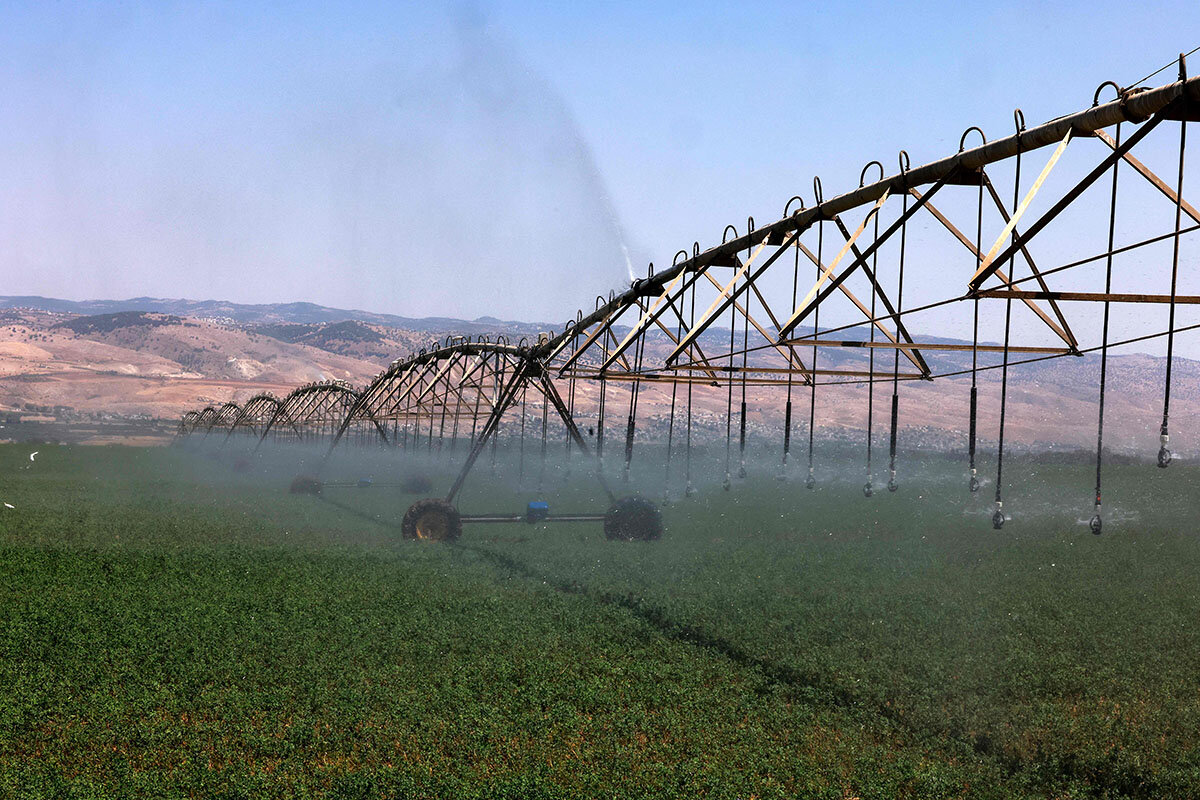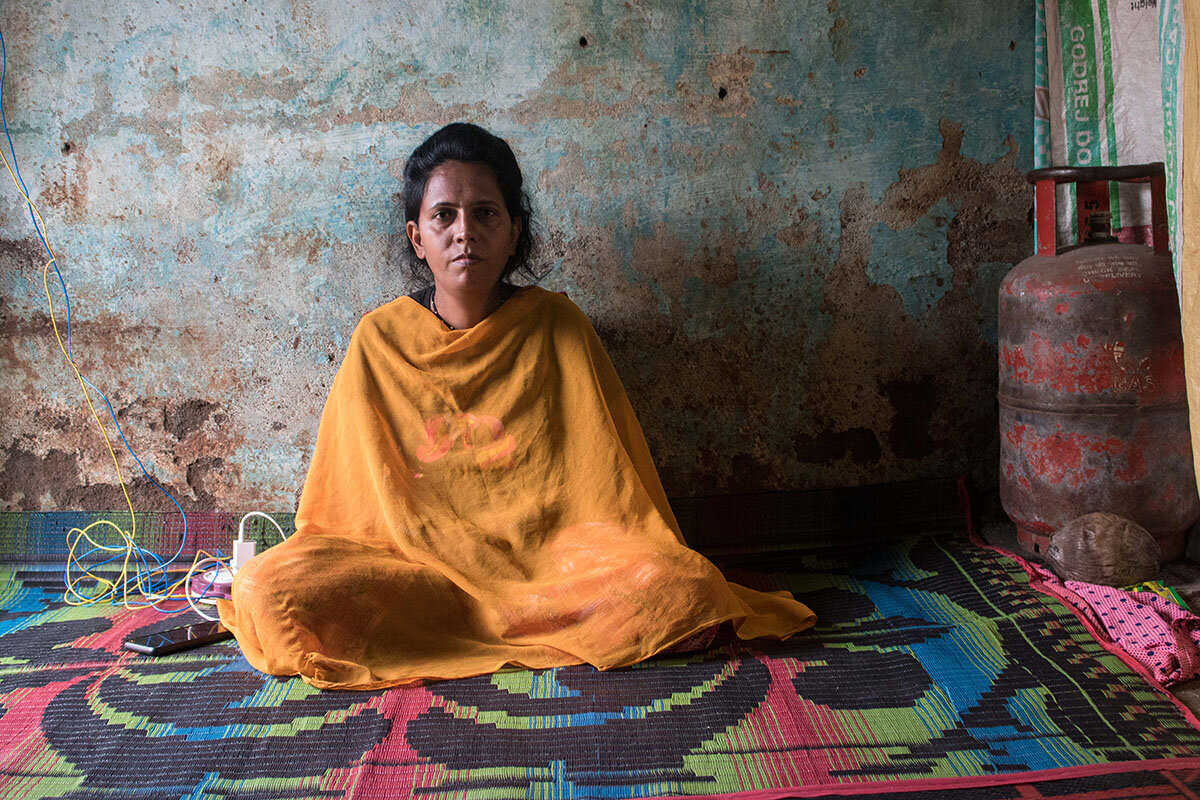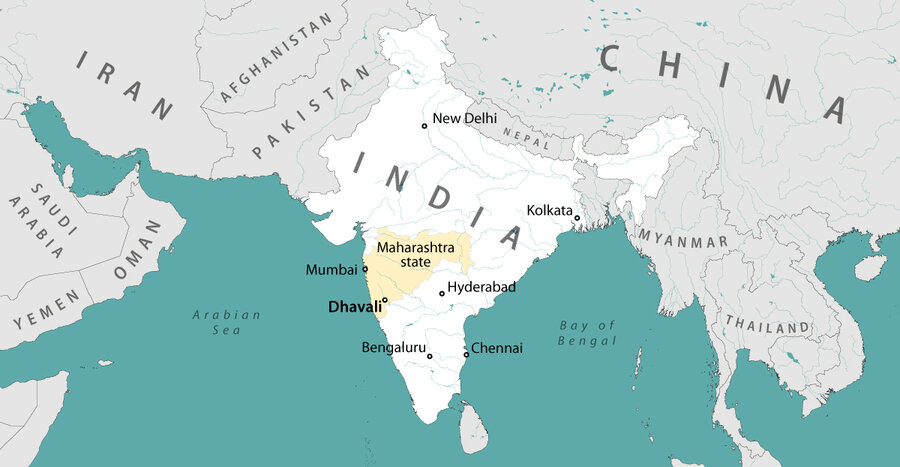The departure of Benjamin Netanyahu as prime minister helped thaw Israel-Jordan ties. But the climate crisis, and its focus on water and renewable energy, is giving the countries something to talk about.
Monitor Daily Podcast
- Follow us:
- Apple Podcasts
- Spotify
- RSS Feed
- Download
 Stephen Humphries
Stephen Humphries
Seth Dewey never imagined he’d get into the insurance business. But last month his favorite rock band, Marillion, invited fans to underwrite an upcoming U.K. tour.
Devotees in over 30 countries have contributed over £130,000 ($176,000) to the escrow account of a pandemic insurance fund. The innovative initiative ensures that, if the British band has to cancel dates, they’ll still be able to cover costs such as hiring personnel, equipment, and transportation.
“People feel like this band has given them so much,” says Mr. Dewey, a photographer in Nashua, New Hampshire, who contributed $75. “This is something that we can do to help them and help the crew.”
Marillion’s online fanbase is akin to a family. They often assist each other including, on occasion, financially. When it comes to political debates on the Facebook fan page, Mr. Dewey says the musical bond makes “people realize that we have more in common than our differences.”
In 2001, that community revolutionized the music industry. Marillion asked fans to pre-order an album before a single note had been recorded. It was the first instance of online crowdfunding.
Marillion frontman Steve Hogarth says, via email, “This commitment and togetherness is felt daily, witnessed at the shows and on social media, and allows us the freedom to make our music and do business on our own terms.”
The singer adds that some artists walk on stage to excitement, joy, and even lust from their fans. He writes, “We experience something else. Affection. I can’t wait to be together with our audience and feel the love again.”











